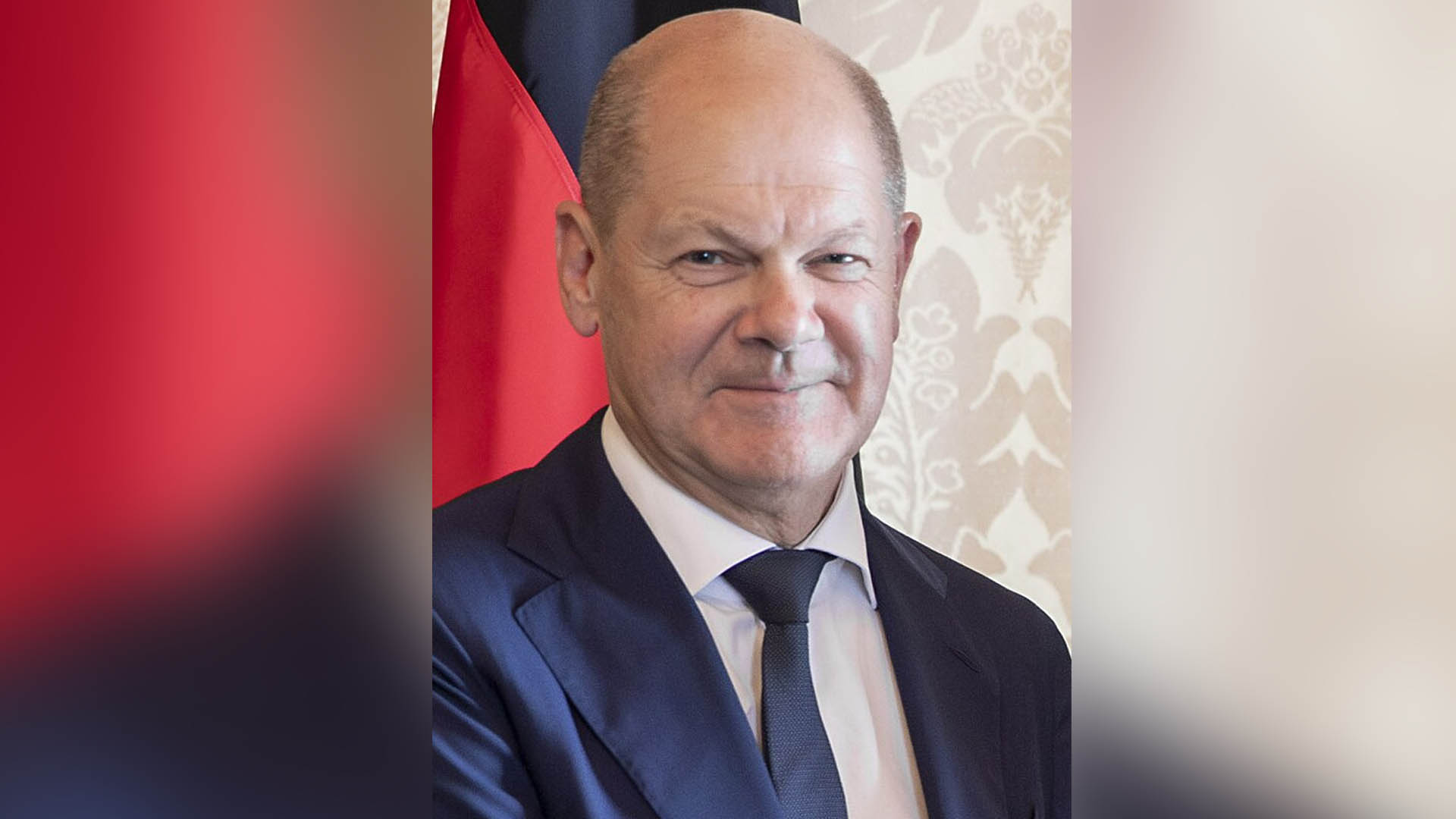Germany's Political Landscape Shifts Amidst Economic and Migration Challenges
Germany's political parties unveiled their manifestos, offering solutions to economic woes and a far-right surge ahead of a snap election. Chancellor Olaf Scholz's coalition has collapsed, leading to a conservative challenge by Friedrich Merz advocating tax cuts and economic reforms, despite criticism of his uncosted policies.

Germany's main political parties revealed their election manifestos on Tuesday, with various strategies to rejuvenate Europe's largest economy and counter a growing far-right presence ahead of the February 23 snap election. The vote follows the collapse of Chancellor Olaf Scholz's coalition, likely ending his tenure and paving the way for a potential conservative government.
The election occurs during challenging times for Germany, with a shrinking economy, industrial struggles, and tougher migration attitudes. The Ifo institute reported that business morale declined more than anticipated in December, highlighting Germany's economic difficulties.
Manifesto details focus on the economy, welfare, migration, and Ukraine. Conservative leader Friedrich Merz proposes tax cuts and reduced electricity costs to stimulate growth, a plan criticized as uncosted but envisioned to be funded through economic expansion and welfare spending reductions. Meanwhile, opponents, including Scholz's SPD and the Greens, call for debt brake reforms and targeted investments to revive the economy.
(With inputs from agencies.)
- READ MORE ON:
- Germany
- elections
- economy
- manifestos
- Scholz
- Friedrich Merz
- CDU
- SPD
- Greens
- Olaf Scholz
ALSO READ
Chancellor Scholz's Unwavering Support for Ukraine Amidst European Tensions
German Support: Chancellor Scholz Visits Ukraine Amid Tensions
Olaf Scholz's Pivotal Kyiv Visit: Germany's Strategic Support
German Chancellor Olaf Scholz arrives in Kyiv, Ukraine, for his first visit in 2 1/2 years, reports AP.
Scholz's Strategic Visit: Strengthening Ties with Ukraine










